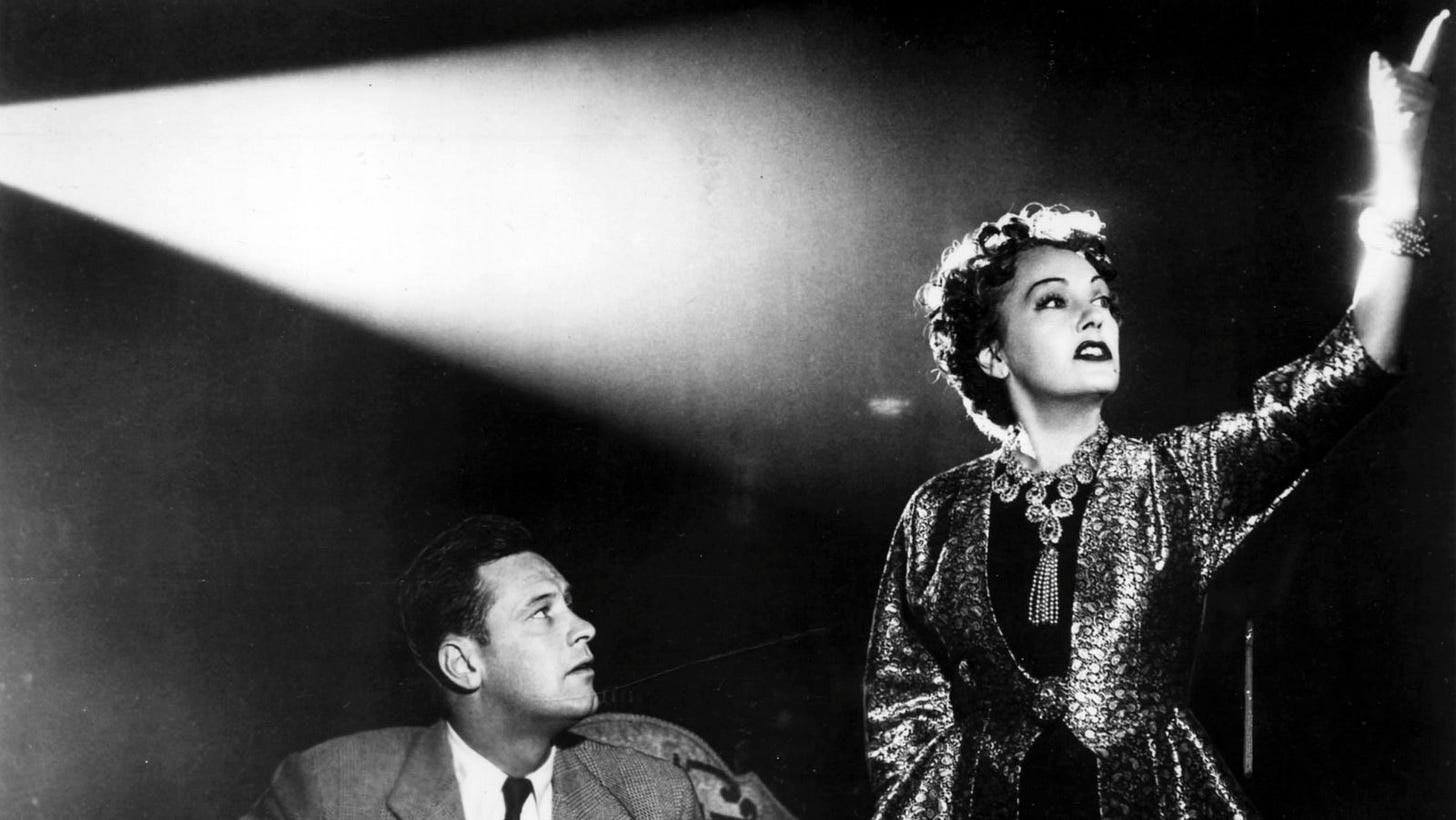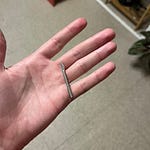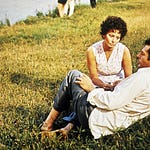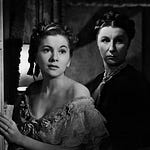Read Part 1.
I can think of a lot of not-so-flattering reasons why people write. Control issues, as I mentioned in Part 1 of this series. Insecurity. Obsession. (When accused of being “extremely repetitious” by a critic, Nabokov defended himself on the basis of his a priori genius: “Derivative writers seem versatile because they imitate many others, past and present. Artistic originality has only its own self to copy.”) Then there’s hypergraphia, a behavioral condition characterized by the intense desire to write (or draw), which is a symptom of temporal lobe epilepsy; Fyodor Dostoevsky, himself epileptic, is among the prolific writers said to have been hypergraphic.
Why am I a writer? It’s interesting to approach art in this way, as if what we do and why we do it are the results of discrete, perhaps even random factors. As if writer were an identity with a root cause. Maybe the urge to write, or even the professional aspiration of writer, are biochemical fates, the irresistible results of our genetic recombinants locking into place when we were but a twinkle in our whatever’s eye.
Haha, jk. The problems posed by this line of reasoning are plentiful enough, but to keep things simple, the destiny of DNA doesn’t account for the external pressures that influence why we write (and perhaps more interestingly, why we don’t)1. As just one example, marginal writers can be overshadowed by the politics of marginality, when they’re published at all, that is. This ghettoization, to use Edmund White’s term from his 1995 essay about gay autofiction, means that gay writers, for example, must choose between work that is “highly coded, not to say obscure” and a “tiresome and overt obsession with homosexuality.” You, a writer, certainly have writerly choices, but naturally they’re constrained by who you are, when and where you live, and the political circumstances of your one wild and precious life. DNA can only get you so far. Tough titty.
Which is to say that when we ask ourselves this question—Why am I a writer?—we run the risk of reinscribing narratives that locate the writer within a rational meritocracy, rather than whatever all this is. The writer is reimagined as an individual with total control over their positionality, output, and reception. And yet I wonder, constantly constantly constantly, if a writer can ever be said to write alone, without an audience, even an imaginary one.
I certainly understand this tendency to individualize, and anyway, it’s fun: if the buck stops here, then I, who find myself interesting, may navel-gaze endlessly. At any rate, I wouldn’t be the first the acknowledge the diminishing returns of this tendency. For one thing, to buy into this idea that we actually have total control over our selves necessarily leads to the idea that it’s not only possible, but desirable, to optimize those selves. I’m so bored by the gamification of self-improvement, the way it bleeds into everything from “health and wellness” to relationships to art. It reminds me of the endless regurgitation of artistic properties, the way franchises like the MCU collapse stories by expanding them with prequel after sequel, spinoff after reboot. Some depths can’t be plumbed. It’s like going in search of a core in a garlic clove, slivering away until all you have left is nothing and a wet razor blade.
Not too long ago, there was a Gawker piece about the so-called resurgence of the Künstlerroman—the novel form that asks, How does this person become an artist? Per Sam Lipsyte2: “Obviously a lot of fiction by young people these days is still in an autobiographical or autofictional vein, inspired by Rooney and Lerner and others over the last decade. These novels often deal with the formation of an artist, and the Germans came up with a really good word for that, so I guess people are excited to use it.”
How did I become a writer? asks a different question, and prompts more revealing answers, than, Why am I a writer?, don’t you think? But I’ll leave all of that to you, along with some links to writing about writers that I’ve recently enjoyed. Until next time.
Find me on Twitter. Get my second novel, X, right here.
Since we’re talking about having not just the permission but the ability to create under capitalism, may I direct you to this fascinating recent piece about the history of the term “burnout.”
Incidentally, I’ve never read one of his books before. Just an FYI.












